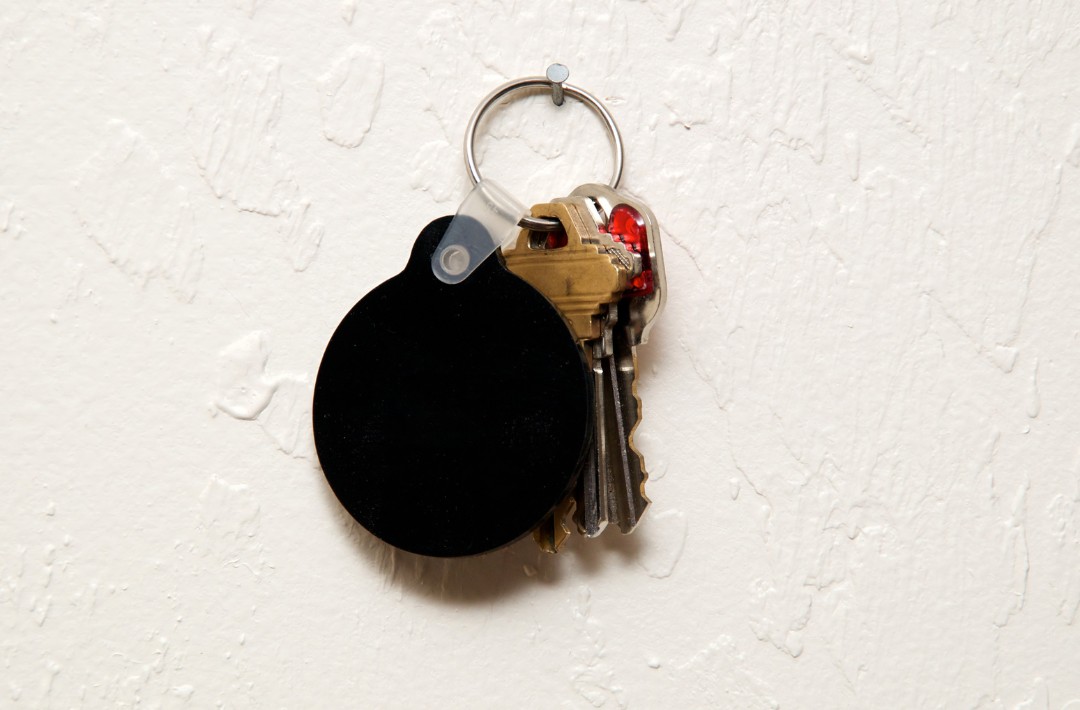
Key fobs have become a convenient and widely used solution for managing building access across commercial, government, and multi-residential facilities. These small devices, which use radio frequency identification (RFID) technology to communicate with a reader, make entry quick and contactless. But not all key fobs offer the same level of security, and some can be easily copied without authorization.
Here’s what you should know about the types of key fobs that can be cloned and how encryption prevents that from happening.
Less Secure: Fobs That Can Be Easily Copied
The most common key fob system in use today operates at a 125 kHz low-frequency signal. While affordable, this type of credential is also the least secure. The data stored on these fobs is unencrypted, meaning it can be read, and duplicated, with inexpensive devices found online or at key-copying kiosks.
Cloning often takes just two steps: reading the signal from the original fob with an RFID copier and writing that same data to a blank fob. The process can cost less than thirty dollars and creates a duplicate that functions exactly like the original. [1] For property managers or security administrators, this poses a serious risk of unauthorized access.
More Secure: Encrypted Key Fobs: A Higher Level of Protection
Modern encrypted credentials take security several steps further. Instead of transmitting plain data, they use high-frequency 13.56 MHz RFID under international standard ISO/IEC 14443. One leading format, known as DESFire (Data Encryption Standard Fast Innovative Reliable Secure), protects stored information using advanced encryption and authentication protocols.
In simple terms, encryption scrambles the data on the fob so that copying devices can’t interpret or duplicate it. [2] Even if a bad actor attempted to scan the fob, the data would appear unreadable without the matching encrypted reader credentials. This extra layer of security makes DESFire and similar technologies ideal for organizations that need to tightly control access.
Why Encryption Matters for Your Facility
Lower-cost, unencrypted fobs may seem practical, but they come with long-term risks. When a cloned credential grants entry to unauthorized users, a facility’s entire access system can be compromised. Encrypted key fobs provide far more control, allowing administrators to issue, track, and deactivate credentials securely.
For businesses, schools, and multi-tenant properties that manage large numbers of users, encrypted systems offer the assurance that only approved fobs can communicate with building readers. This helps prevent data breaches and protects sensitive facilities from intrusion.
Work With a Professional Access Control Partner
If your facility still relies on older 125 kHz proximity fobs, upgrading to an encrypted solution is the most effective way to strengthen your security posture. Surveillance Secure provides access control systems that support encrypted credentials such as DESFire, along with compatible readers and comprehensive support plans.
Our team helps clients across commercial, government, and multi-residential sectors implement modern solutions to modern threats, ensuring their facilities remain protected against evolving risks.
Contact Surveillance Secure today at (877) 388-1248 to learn more about upgrading your key fob system and keeping your property secure.
Sources:
- https://getsafeandsound.com/blog/clone-key-fob/
- https://swiftlane.com/blog/key-fob-systems/#whataretheDifferentTypesofKeyFobs

 Virginia DCJS Private Security Services ID #11-6085
Virginia DCJS Private Security Services ID #11-6085